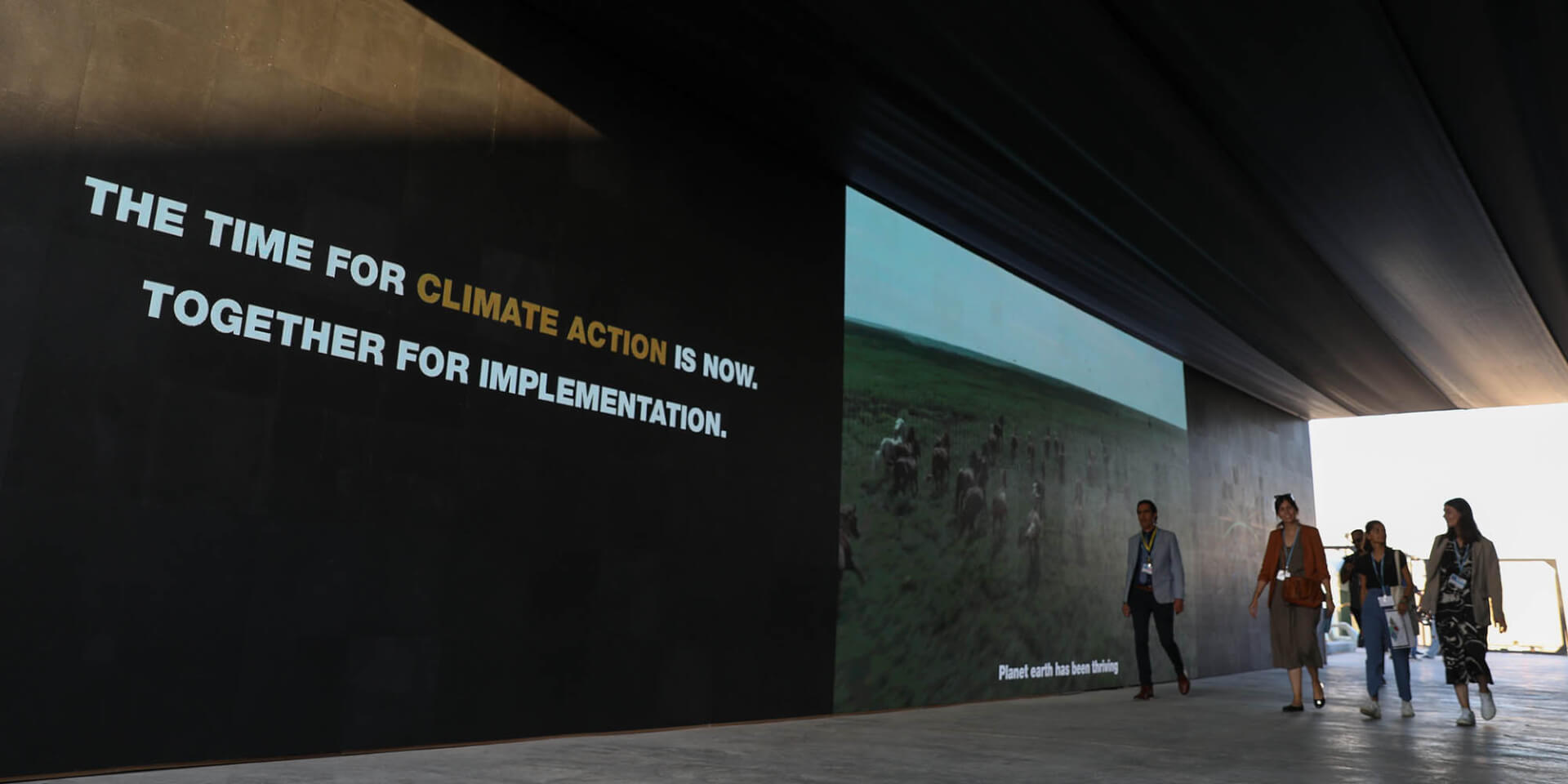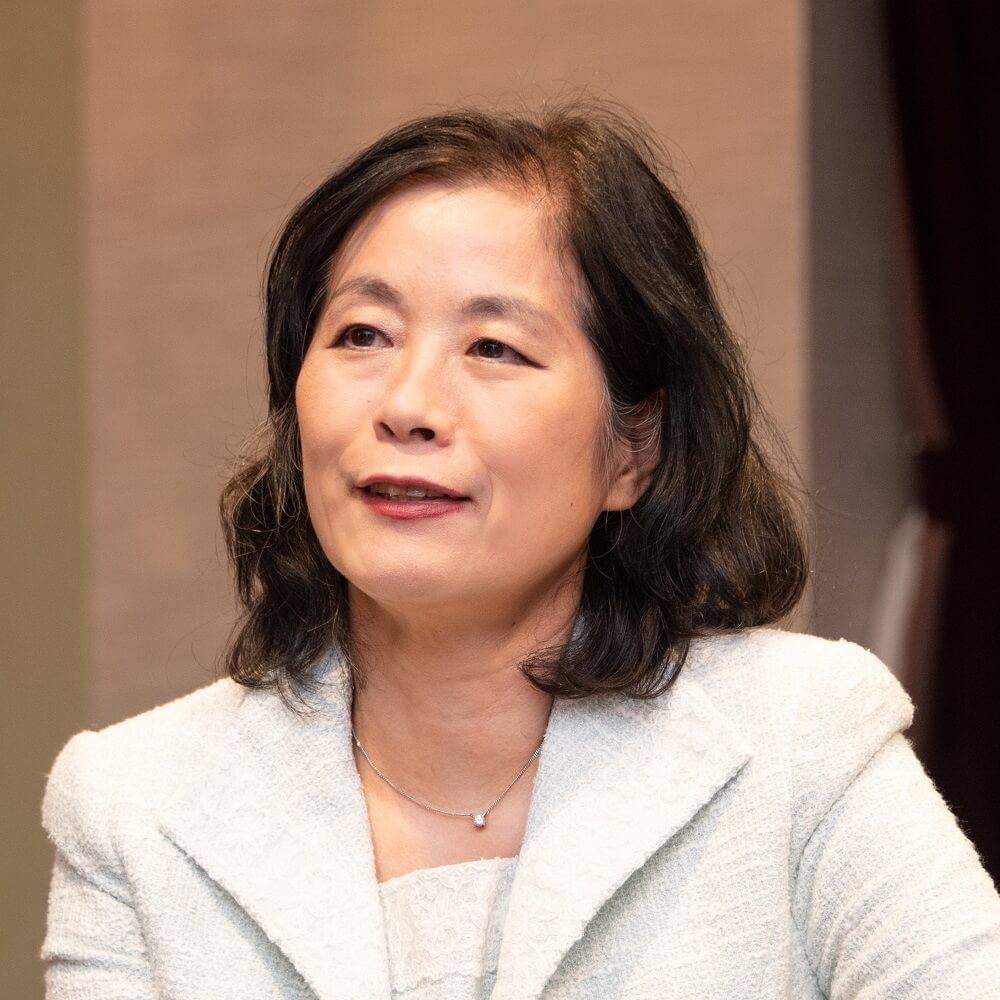
This blog is part of a series of perspectives from ISC Fellows and other members of the ISC’s network on the United Nations Climate Change Conference (COP27), which takes place from 6 to 18 November 2022 in Sharm El Sheikh, Egypt.
Recently, we have been hearing more and more about floods, droughts and other natural disasters wreaking havoc around the world. It is truly heartbreaking to see images of people losing their homes, their livelihoods and even their lives due to these devastating environmental changes.
This pattern of destruction is likely to continue unless we take significant action. And to do so effectively, we need to understand both the natural and social sciences behind these weather-generated phenomena.
Japan is located in one of the most geologically active parts of the world, sitting on a spot where four plates converge. We are prone to natural disasters, and many parts of the country live under the constant threat of earthquakes, tsunamis, volcanic eruptions and typhoons.
Even so, few, if any, of us were prepared for the 2011 Great East Japan Earthquake and tsunami which – quite literally and figuratively – rocked us to our core. The magnitude-9 disaster completely destroyed towns, crippled the coastal economy and took the lives of some 20,000 people. It also caused an accident at a nuclear power plant in Fukushima prefecture.
For me, the scale of the devastation brought the relationship between science and society into sharper focus than ever before.
In the immediate aftermath of the earthquake, I was in despair, feeling isolated and helpless, despite receiving encouragement from colleagues and friends. It was only when I started to hear scientific discussions of what had happened, and began to engage in seeking answers of my own, that I felt a sense of comfort and connection. I realized then that trust-based scientific knowledge and transdisciplinary collaborations with society are vital to bringing peace of mind, especially to communities vulnerable to natural disasters.
By now it has become quite apparent that human activities contribute significantly to cascading changes in the Earth system. To have any hope of saving our planet, we must scientifically and holistically understand the interactions among Earth’s various subsystems – including the geosphere, atmosphere, hydrosphere and biosphere – and the relationship between these subsystems and the anthroposphere.
For example, understanding Earth’s water cycle allows us to see how the flow of matter and energy impacts the health of the planet. But addressing this issue requires long timescales. And therein lies the dilemma.
Basic science that unravels the relationship between the Earth system and Biological system needs to be understood in mid-to-long-term spatiotemporal scales. On the other hand, the actions that we, as a society, must take, can only be taken within the human timescale.
Given that these short-term actions will determine long-term impacts, it is crucial that we promote the right mindset, and that evidence-based policy decisions about the environment and biodiversity are made through scientific dialogue with multi-stakeholders.
It is not an exaggeration to say that the need for international and transdisciplinary sustainability sciences has already reached a new level of urgency. The great challenge is for basic science and society to transcend the invisible barriers and to co-create a new vision of the Earth-Human system in an integrated manner.

Motoko Kotani is Executive Vice President for Research, Tohoku University, Japan, an ISC Fellow, and ISC Vice President 2022 – 2024).
Image by UNFCCC/KiaraWort via Flickr.